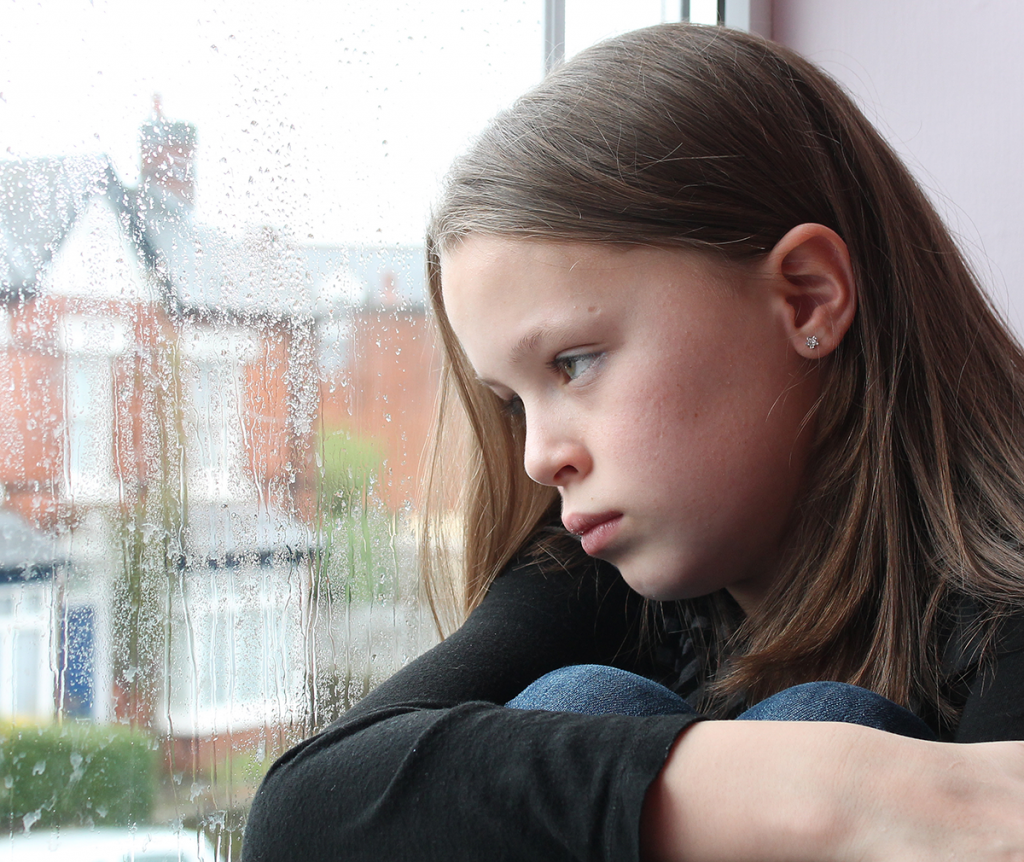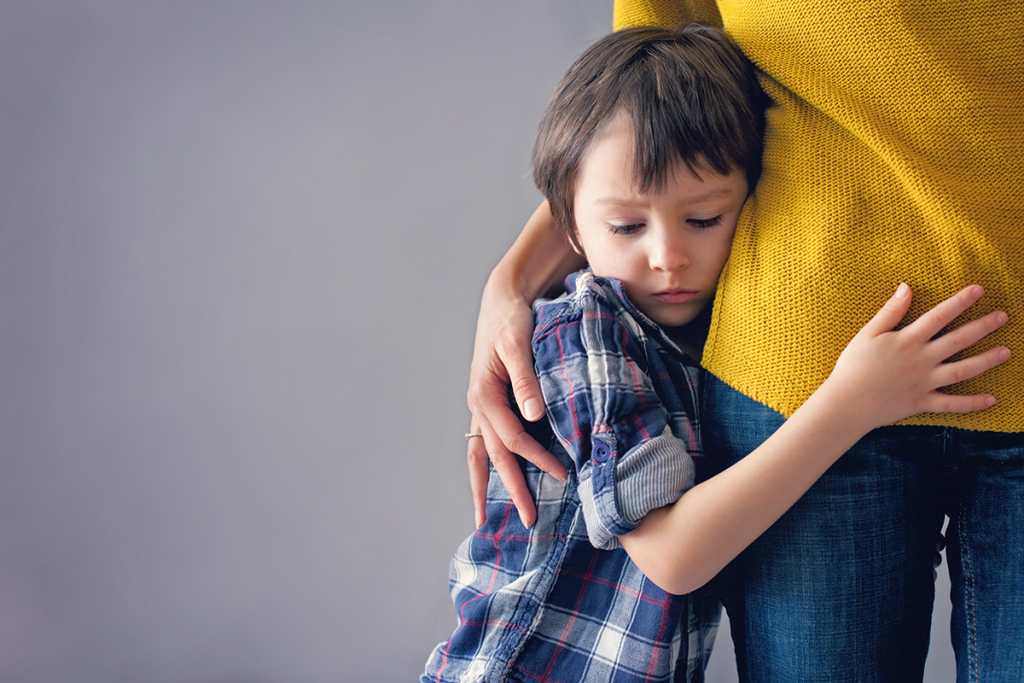Lucy Stevens - 6th October 2021
A violence that doesn’t discriminate…..a society that might.
A huge proportion of children who are growing up in foster care have experienced violence. It would seem, looking at the statistics that violence doesn’t discriminate. If you look at the contributing factors leading to boys and girls coming into foster care, you will find in the overwhelming majority, regardless of their gender, domestic violence and abuse as well as cultural and societal violence.
However, whilst it is true to say that in many cases domestic violence is perpetrated by both partners, it is clear that women are more often the direct victims. Similarly, on a cultural and societal level, women are victims more often than men. This is as much the case in the UK as it might be in far-off war-torn countries.
Violence towards women can have a huge impact on the children who witness it in terms of their perception of gender, relationships and society as a whole. The fact that domestic violence is often allowed to go on unchecked makes the impact starker and more hard-wired.

Fostering children who have witnessed or been a victim of domestic violence.
Children who have been victims of or witness to domestic violence will have been significantly traumatised. They are more likely to have an attachment disorder, less likely to be able to manage healthy relationships and may have problems regulating strong feelings such as anger or fear, loss or grief, guilt and shame.
Control.
It is not uncommon to see controlling behaviours in children and young people who have spent their formative years in what is effectively a war zone. The need to control can be learned from the parental dynamics and may be directed towards women. It can also be a consequence of living in a home that is fundamentally unsafe. Controlling behaviour can affect relationships with peers and caregivers alike and is an important area to address when fostering. As a foster carer you will walk a fine line between empowering children to feel in control of their emotions, their lives, their futures, and modelling healthy relationships that are free of coercion and control. Helping a child to heal begins with them feeling safe and contained
Anger.
Anger is a prominent theme in caring for children who have been victims of domestic violence. This can be a difficult emotion to contain and address as a foster carer. Helping children to recognise, name and work through their emotions is a large part of the fostering role. A child who has been supported to recognise and work through the emotional impact of domestic violence is potentially less likely to either perpetrate violence themselves or seek out relationships that are controlling and defined by violence or exploitation.
Trust and attachment.
Children who have experienced violence, particularly perpetrated by caregivers, can grow up feeling they can’t rely on anyone to keep them safe. Violence in the home is often coupled with ill mental health and/or substance abuse and is rarely isolated to one area of trauma. Not feeling safe and not having your basic needs met affects your attachment style. These children will take a lot of time to trust a caregiver and might also find it very frightening to develop an authentic and genuine bond. Foster carers need to be emotionally available, therapeutic in their responses and consistent in the care that they give. When caring for these children, it is important to keep the child and their experiences in plain sight because it can be challenging and may feel relentless.
Guilt and shame.
Many children will have been told not to speak of what happens at home. They may worry that they are to blame for being removed from their family. Added to this sense of guilt and shame, children will often be worried about their parents or other siblings. Violence in the lives of children is a heavy burden to carry. Foster carers will need to work with the children to free them from their sense of responsibility and will need to teach them how to be children again.
Fostering. An opportunity to reset the balance?

It’s a sad fact that violence is often generational. If healing doesn’t take place, violence in childhood will go on to affect the individual into adulthood. It can define their personal relationships, adversely affect their educational prospects, their worklife. Children who have not received nurturing care are much more likely to seek that love in dangerous places. These children are more likely to be victims of further violence, sexual abuse and criminal and sexual exploitation. And so the cycle continues.
Fostering offers an opportunity to break the cycle. It takes time, great resilience and a huge commitment. Fostering can make a significant impact on the future life chances of children and therefore has the potential to make a difference to society more widely.
There is a lot of discussion about how to address the violence and fear that many women encounter and the truth is there is no one answer. Fostering offers an opportinity to nurture boys and girls who have been affected by violence, to help them to heal and to process their trauma. It gives an opportunity to show how human relationships should and can work. Foster carers can model equality and respect for all regardless of gender or anything else we define ourselves by. Good foster carers are able to reach the most vulnerable in a way that very few others can. It is a big responsibility and a great privilege.
If you want to know more about fostering and how you could help, please contact us at team@easternfosteringservices.com or send us a message on our website or Facebook. We are always very happy to answer your questions.






